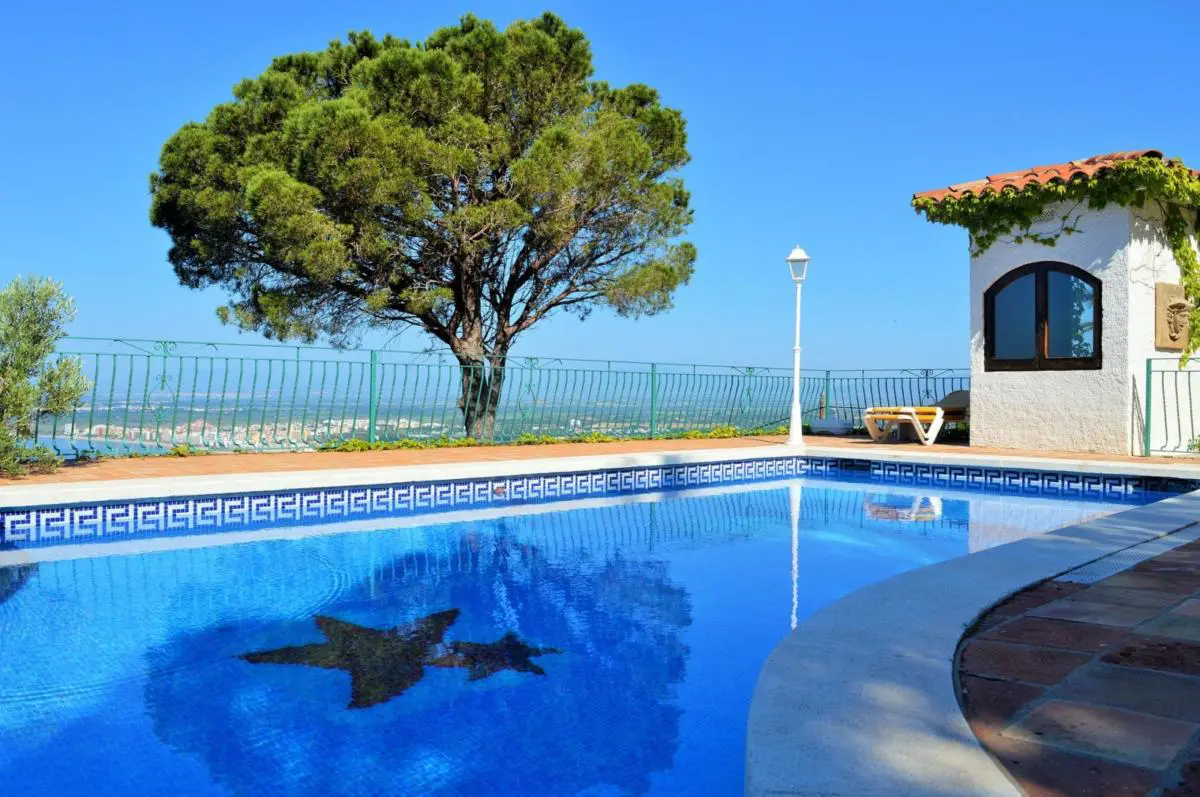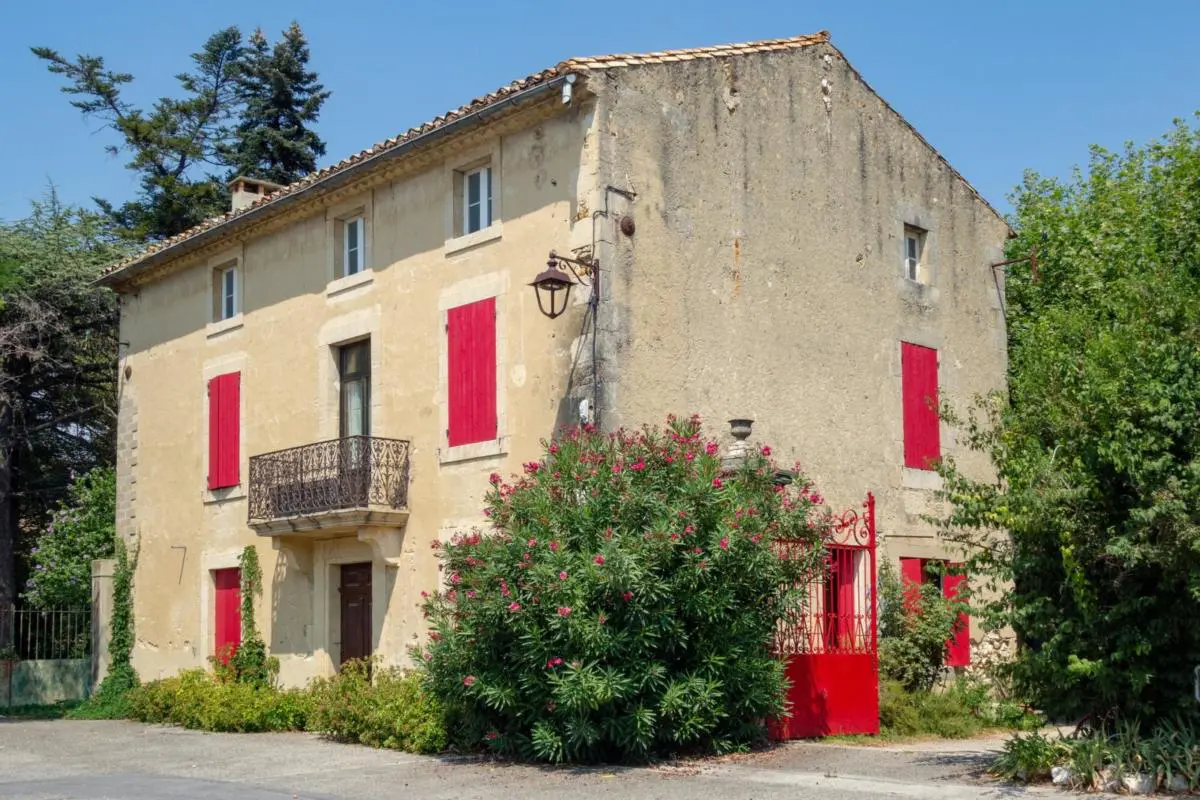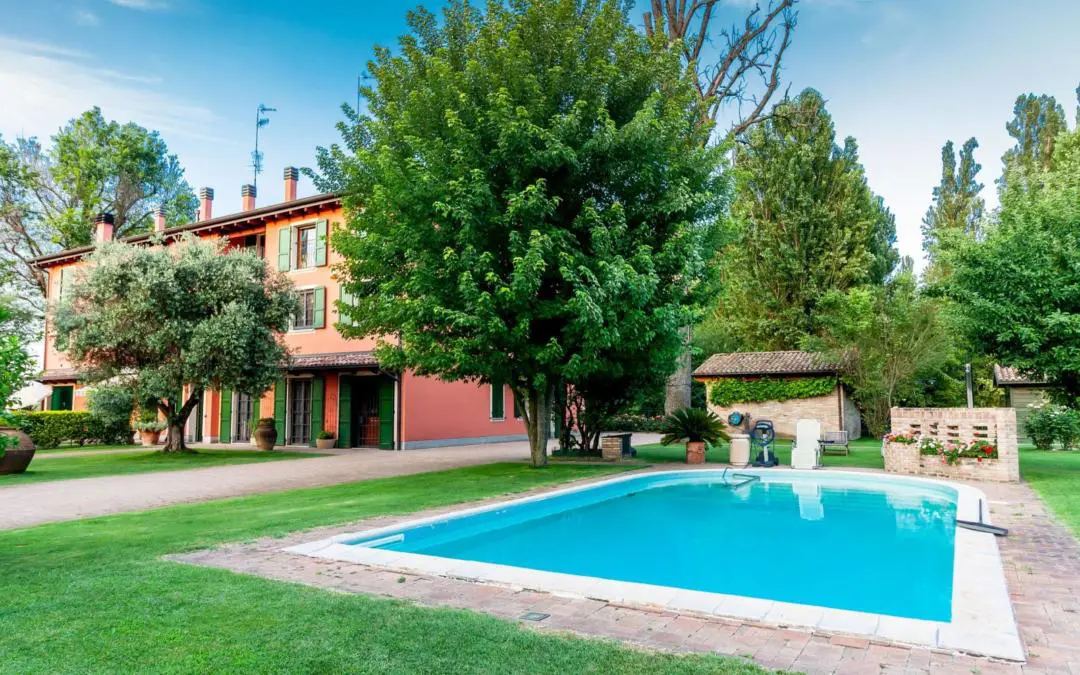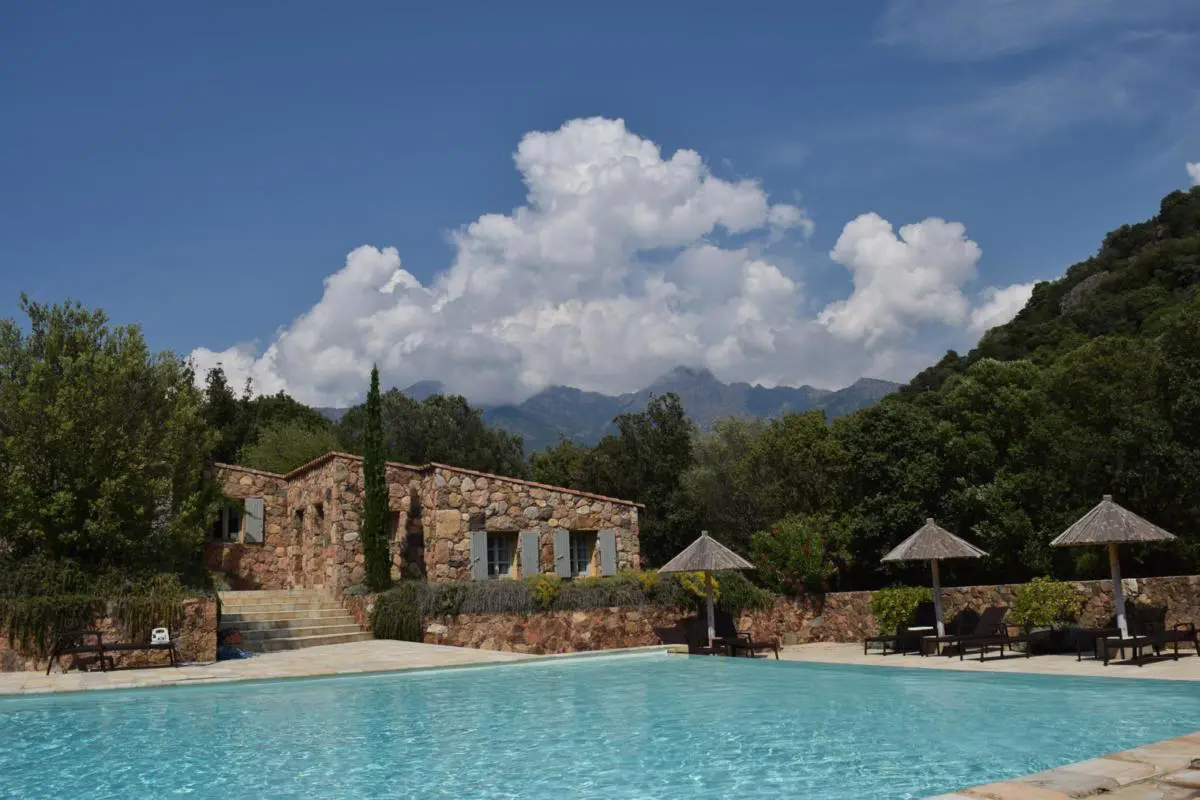Owning a second home in France can be a smart financial move. Every year tourists flock to the country’s charming villages to enjoy the famous food and wine. The South of France remains a top vacation destination, with its sunny climate and relaxed lifestyle. With the right kind of property and approach, you can generate a respectable income.
If you’re thinking about buying your own little corner of France to rent out, then here are some things to consider.
What’s your income goal?
First and foremost, be clear about how much income you want your rental to generate. Are you looking to offset some of the running costs, so your vacation home costs less to maintain? Or are you looking at this purchase as an investment to generate a profit? Your intention will determine the next main elements to consider: the location, type of property and your budget.
Where should you buy?
The types of properties available are linked to where they’re located. In the South of France, you can expect to find modern apartments on the coast, residential homes in towns, Hausmannian flats in city centres, and a variety of rural buildings further inland.
If you’re hoping to generate a profit from your French property, you’ll have the highest occupancy rates with a flat in the city centre, since it can be rented year-round. The second best option would be a beach property, since Mediterranean temperatures are mild and draw winter renters from colder climates.
If your French property is primarily a second home for you to enjoy, you have more flexibility in the location. You can choose a rural, coastal or urban situation, according to your preference. Keep in mind that you’ll likely only let out rural properties during the high season, which may conflict with your own holiday plans.
In all cases, your French home needs to be accessible, ideally not more than an hour’s drive from an airport. Good transport links and proximity to amenities will improve your chances of finding renters.
What should you buy?
As the type of property is linked to its location, your choice of location will narrow the list of available property types. If you prefer a rural setting, you can choose between a stone townhouse in a charming village or a period property with spacious grounds. Large character properties, like manors and domaines that are a popular choice with overseas visitors, often come with outbuildings that can be renovated for extra accommodation (take a look at our blog on some of the pitfalls of renovation!). The advantages of a village house are: lower upkeep costs, higher security (compared to an isolated property), and proximity to commerces.

Image by Claudia Stekelenburg from Pixabay
What’s your budget?
You likely already have a range for how much to spend on your new French property. If you’re looking to purchase primarily as an investment, however, your payback will be largely affected by your initial outlay. You’ll want to pay close attention to the fully loaded acquisition cost. In France, the full amount you end up paying depends on whether your property is new or old, whether you’re financing it with a mortgage, and whether you require the services of a lawyer or surveyor.
Initial cost
- Property price
- Closing costs (may include all of the following)
- Registration Taxes – higher for old
- Land Registry Fees
- Mortgage Fees – only for mortgage financing
- Notaire’s Fee
- Agent’s Commission
- Lawyer’s Fees
- Surveyor’s Fee – not necessary for new
- TVA (value-added tax) – higher for new
- Renovation costs
- Furnishings
Properties with a high rental revenue potential will cost more to acquire, as that income potential is baked into the price.
How much money can you make?
Want to turn your French home into a money spinner? The French vacation rental market is highly competitive, so you’ll need a solid business plan and some proactive marketing. High season in the South of France is July and August (eight weeks), while mid season (May, June, September and October) accounts for another 16. Letting out for 12 weeks is an optimistic forecast. Twenty weeks would be outstanding and only achievable in the South of France, with its excellent climate.
In rural settings, outside space is essential, and a pool boosts the rentability factor. What you can charge will depend on your property’s size and specification, its location and access.
Establishing a price
To determine how to price your rental, start with an internet search for holiday lets or vacation homes in your chosen area. Look at the homes advertised, compare amenities and features, and you’ll see a pattern emerging. Read the listings to get an idea of the going rate and how to word your own ad.
All-inclusive or extras on top?
The gîte tradition in France used to include clients supplying their own sheets and towels, and cleaning the property before they left. But times have changed and overseas visitors to France don’t want the extra hassle or luggage. So calculate your rental prices to include all linens and cleaning (as well as gas and electricity), or specify clearly if this is not the case.
What expenses can you expect?
As with your primary residence, you will incur regular costs of ownership:
- Insurance
- Property and residency tax
- Homeowner association fees, if applicable (copropriété)
- Repair and maintenance
Additional expenses that your rental will generate are:
- Property management/changeover costs
- Marketing
- Income tax on rental profit
- Social charges on rental profits
- Increased wear and tear
The initial cash outlay to equip your rental might be higher than if you only stayed there yourself. You’ll need to allow for two sets of bedding for each bed, two sets of towels for the maximum number of guests, cutlery, crockery, pots and pans, plenty of wine glasses, garden furniture… and don’t forget things like books, and some rainy day toys for children.
Changeovers and care taking
Having someone reliable to look after your French home is essential. Ideally, appoint one person to do the changeovers, cleaning and laundry, arrange the key exchange, take care of routine maintenance and be an emergency contact for your guests. Something to welcome your guests is always appreciated: a bottle of wine or some local olives will hit the right note. And remember, although you only pay for changeovers when the house is rented, care-taking/grounds-keeping needs to happen year-round.
Estate agents may be able to recommend someone, or alternatively check the forums of websites about expat life in France.

Image by Franck Barske from Pixabay
How to generate bookings
Many people start making their holiday plans in January so aim to have your advertising in place by then. There are several ways to advertise, some paid and others just requiring a bit of effort.
One of the easiest things to do is appoint a rental agency to handle the advertising, inquiries and bookings, collect deposits and rent. The agency will then transfer the amount to you, less their fee, usually a percentage of each booking.
Internet advertising is a must. Do a Google search to see where to advertise; pick a rental site that shows up in the first two pages of your results. Make your text appealing, and describe the area and amenities; include pictures that show the house well. You can of course make your own website and make the most of social media platforms too.
Take advantage of any opportunity to let people know about your gîte. Ask family and friends to pass the word along: send them an email that describes the house and ask them to forward it to anyone who might be interested. Put up some details on the notice board in your workplace (or if you’re self-employed, use your email signature to promote your French vacation rental by adding a short sentence, and a link to your advert). Design some business cards or flyers and carry them with you to hand out; leave somewhere people will find them.
Call in the experts
Renestance is a licensed property finder so if you are looking for a home in Languedoc, or advice about renting your property, give us a call. We are based in the region and can help you get your new home ready for business in 2018!
Dennelle is the President of Renestance and a bilingual American who’s lived in France since 2000. She loves so many things about France, its language, culture, geography, quality of life... that she started a business to help others realize their dreams of living in this incredible place.
All articles by: Dennelle Taylor Nizoux




Where we love is home – and, holiday home that our feet may leave, but not our hearts.